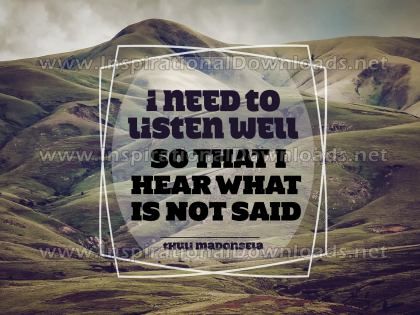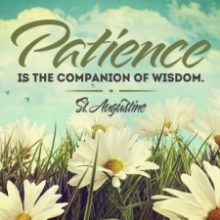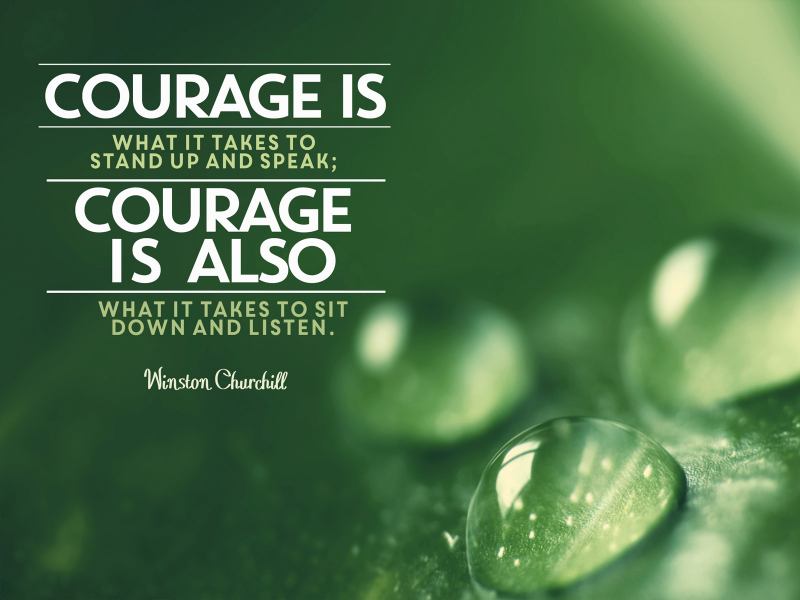Communication Ideas for Dealing With Disagreements
Unless you live on a mountaintop by yourself, you’re going to have disagreements with others. You’ll never find another person that agrees with you 100% of the time. Whether you’re at work, home, or out in public, there will be times that you disagree with someone.
Growing your ability to deal effectively with these disagreements is a pretty good use of your time. You can solve a lot of challenges and avoid many issues if you have effective communication skills.

Personal Development Blog Ebooks -OR-
This Ebook: The Art of Loving Communication
Turn disagreement into agreement with these strategies:
1. Decide if the situation is worth a disagreement. Does it really matter now if the Yankees did or didn’t win the World Series in 1948? Some things just don’t matter, and others are simply a matter of opinion. It’s okay if someone thinks a Kit Kat tastes better than a Lemonhead.
2. Ensure that you understand what the other person is saying. It’s easy to misunderstand. Maybe there’s not a disagreement at all. Before you open your mouth, clarify what the other person is saying. You might be pleasantly surprised to discover that there’s nothing to argue about.
- Listening skills are perhaps the most important conflict-resolution skills you can possess.
3. Monitor your emotions. Notice when your anger is beginning to grow. When your emotions are running high, your ability to make rational decisions goes out the window. Either learn to calm yourself or walk away until you’ve cooled off.

About the Inspirational Poster by Thuli Madonsela
4. Avoid making it personal. There’s a difference between saying, “I think what you’re saying is inaccurate” versus “Only an idiot would think that.” Address the words or behavior without attacking the person. Making it personal quickly escalates the situation.
5. Choose the right time to raise a concern. A family reunion isn’t the right time to address the household budget. Be reasonable and give some warning if possible. “I’d like to discuss the issue between you and my sister. Can we talk about it tonight?”
6. Be willing to walk away if things get out of hand. There’s a time to move forward and a time to retreat. There’s no harm in calling a timeout and trying again tomorrow. When things get too heated, the potential damage isn’t worth it. Notice when others are getting agitated.
7. Agree on the purpose of the disagreement. Is the purpose to be right or to determine the truth? Or is the purpose to find a common middle ground? If you both have the same objective, it will be much easier to find a solution that makes both of you happy.

AD by Inspirational Media
8. Be patient. Conflicts are always resolved with a chat and a cup of coffee. We all have issues we’re dealing with that can get in the way our relationships with others. In time, conflicts tend to lessen and become easier to resolve.
9. Allow the other person to save face. If someone backs themselves into a corner, give them a chance to get out without losing face. Practice kindness. Give everyone enough space to avoid feeling embarrassed.
The world is full of people, and it isn’t always possible to get along with them 100% of the time. Disagreements happen. Each disagreement is an opportunity to improve or degrade a relationship.
Disagreement also creates possibility. Having strong skills in this area of life can be invaluable. Seek to find common ground in your disagreements and keep the argued point in perspective.
Featured Personal Development Ebook:
View more gifts at PersonalDevelopment.





